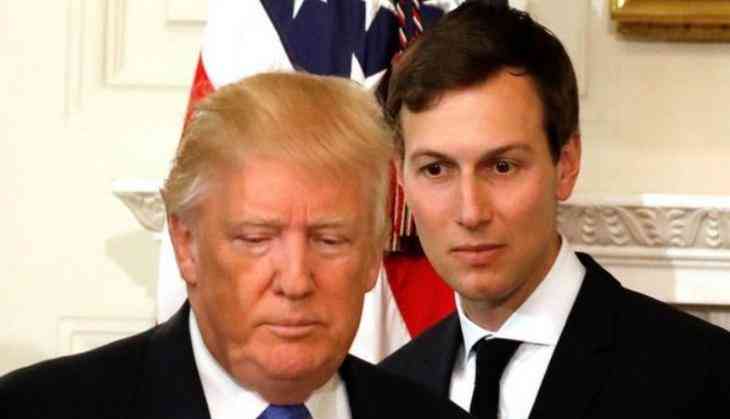
On 28 April,Seoul brushed aside US President Donald Trump's suggestion that it should pay for a USD 1 billion missile defence system the two allies are installing in South Korea to guard against threats from the North.
The first parts of the Terminal High Altitude Area Defense (THAAD) system have already been delivered to a former golf course in the South -- infuriating China -- at a time of heightened tensions over Pyongyang's nuclear and missile programmes.
Top US officials have said THAAD will be operational "within days".
"I informed South Korea it would be appropriate if they paid. It's a billion-dollar system," Trump was quoted as saying by the Reuters news agency. "It's phenomenal, shoots missiles right out of the sky."
The two countries have been in a security alliance since the 1950-53 Korean war, and more than 28,000 US troops are stationed in the South.
Seoul retorted that under the Status of Forces Agreement that governs the US military presence in the country, the South would provide the THAAD site and infrastructure while the US would pay to deploy and operate it.
"There is no change to this basic position," South Korea's defence ministry said in a statement.
The row comes with tensions high on the Korean peninsula following a series of missile launches by the North and warnings from the Trump administration that military action was an "option on the table".
But earlier this week it said it would seek stronger sanctions against Pyongyang and held open the possibility of negotiations, with US Pacific Command chief Admiral Harry Harris saying it wanted to bring leader Kim Jong-Un "to his senses, not to his knees".
The White House also wants China to do more to rein in the North, but Beijing has been infuriated by the THAAD deployment, which it fears weaken its own ballistic capabilities and says upsets the regional security balance.
Social media commentators were derisive. "So he wants to start a war with North Korea and he wants South Korea to pay for it," wrote one Twitter poster.
-PTI


